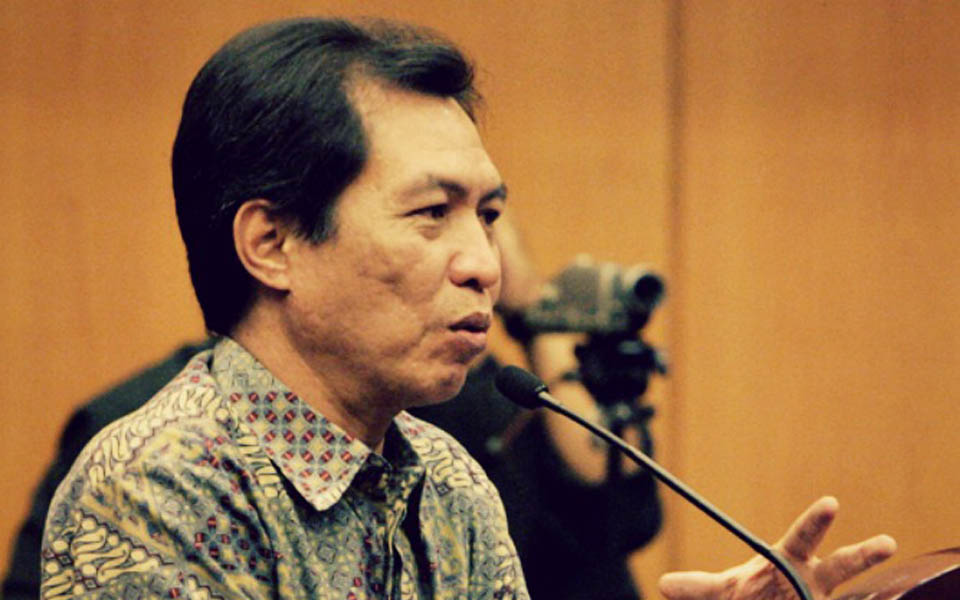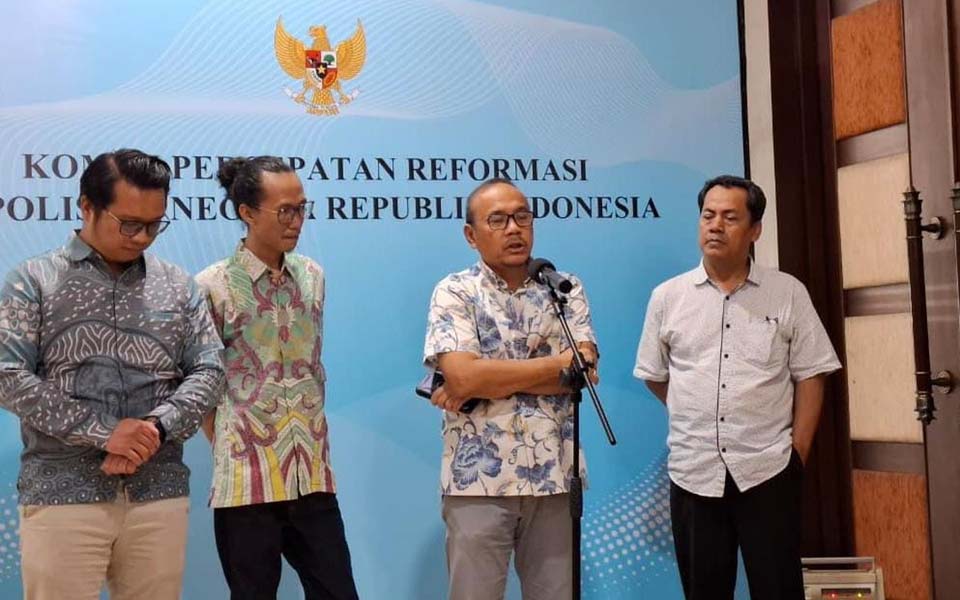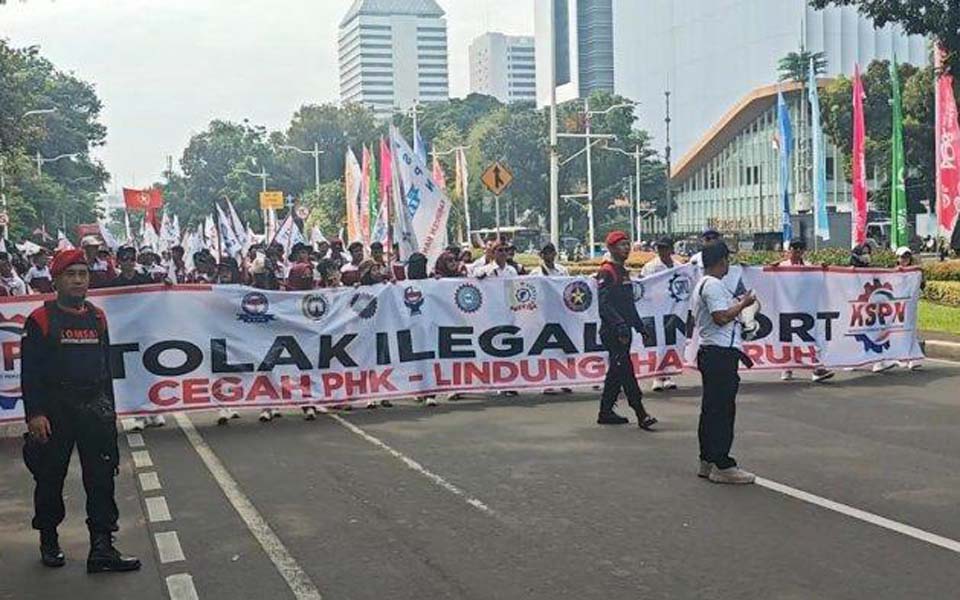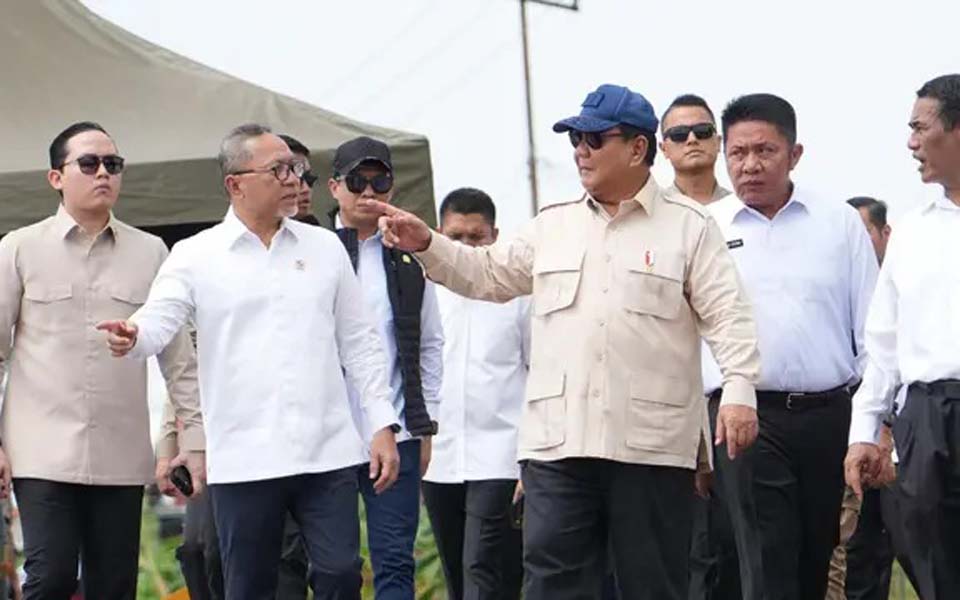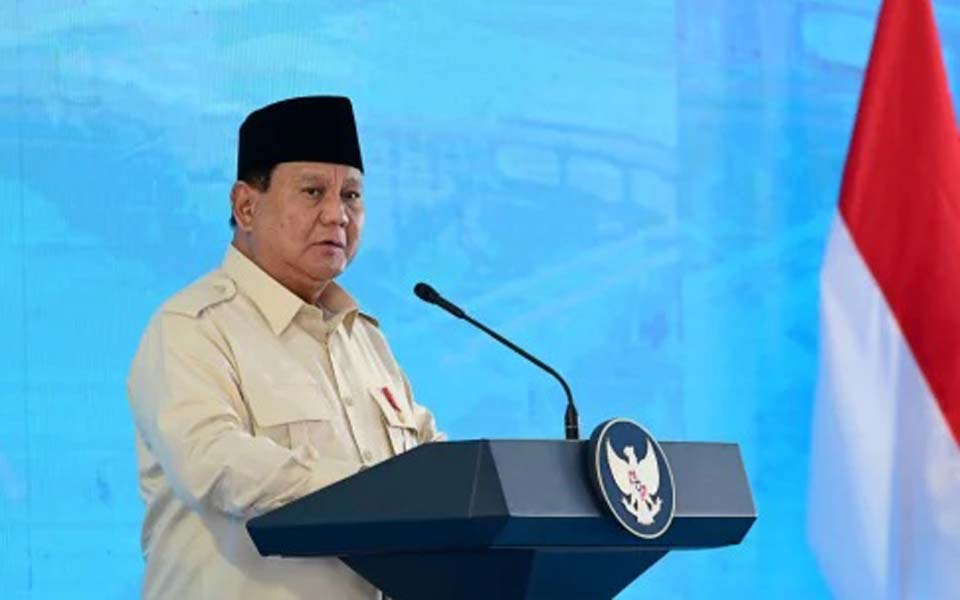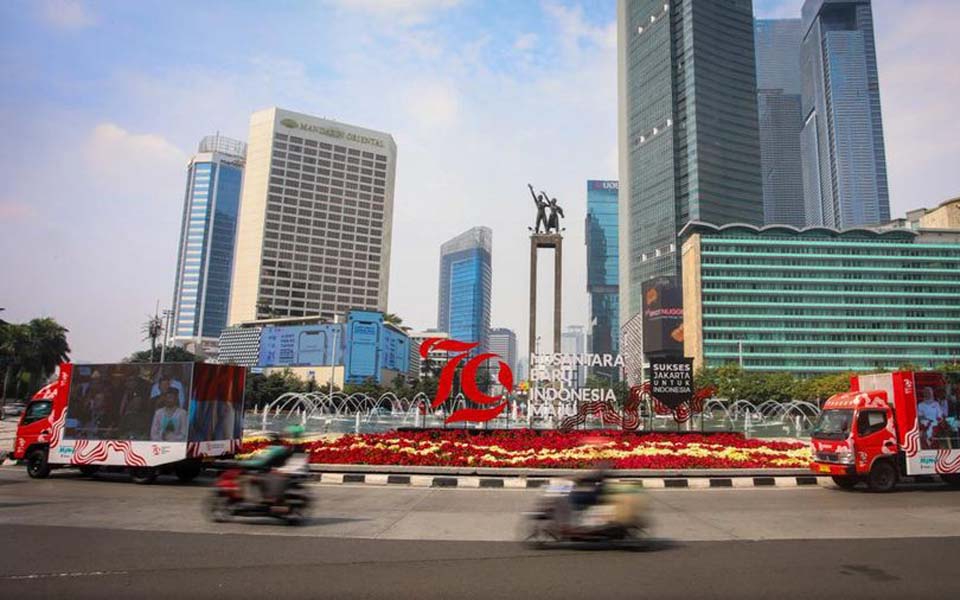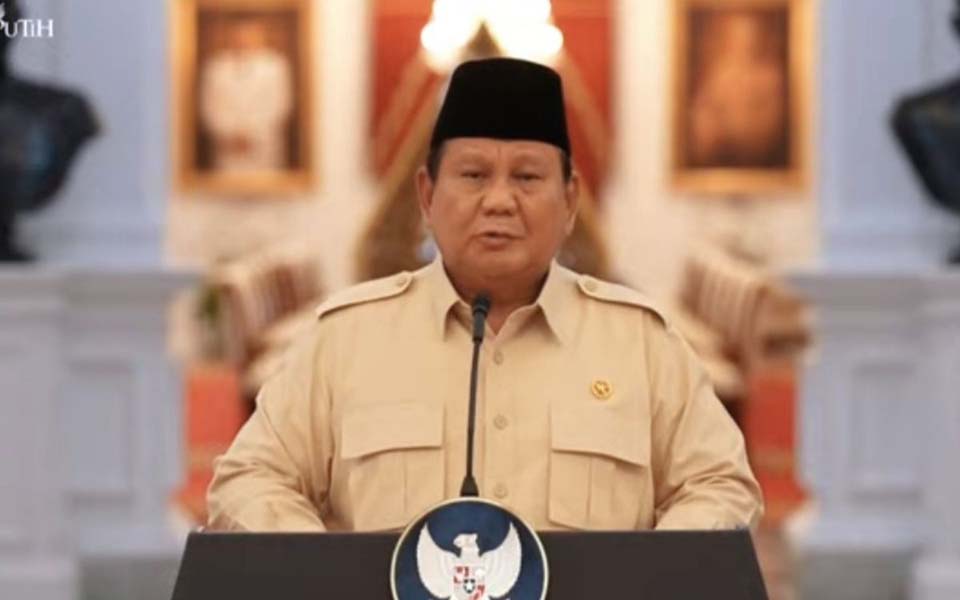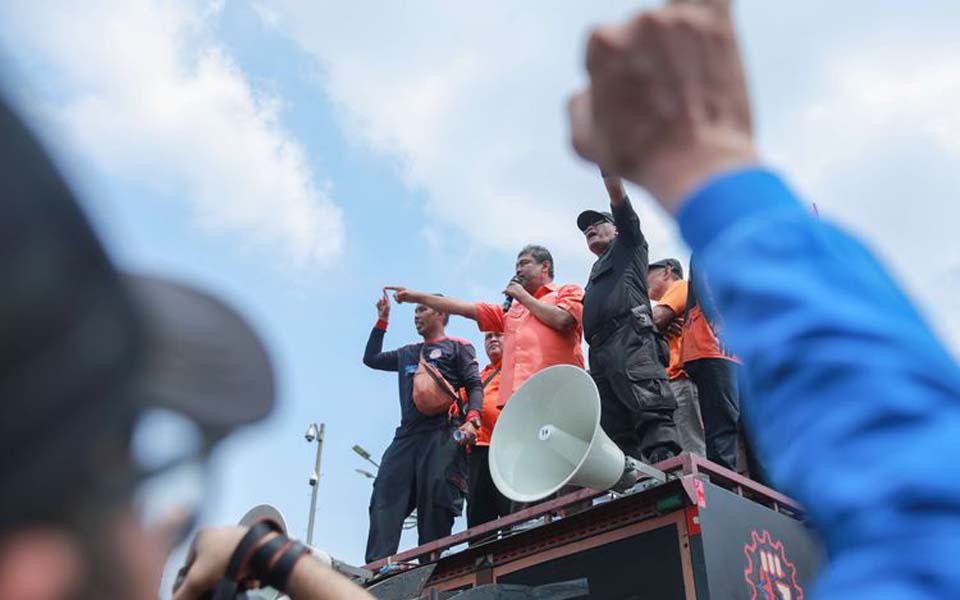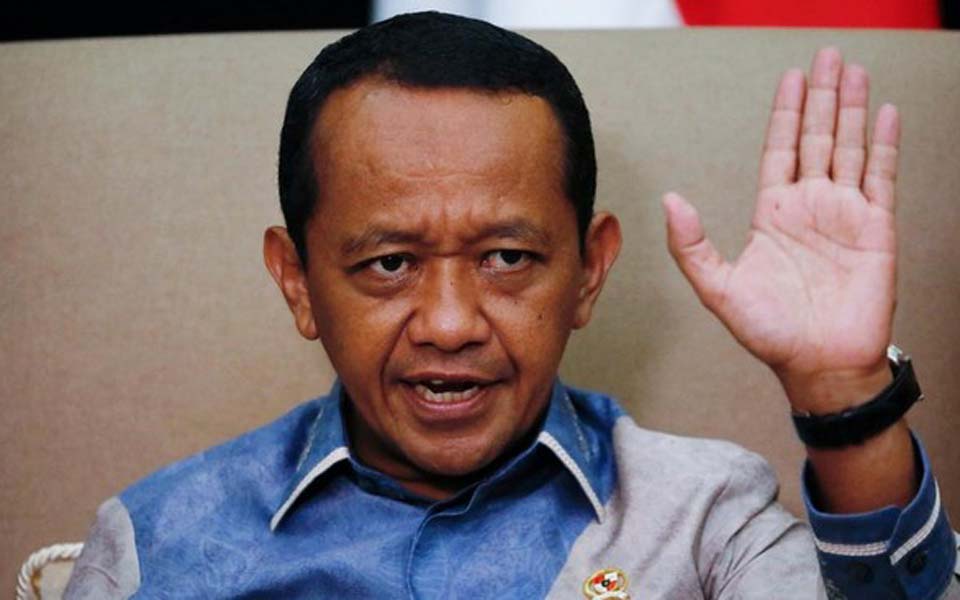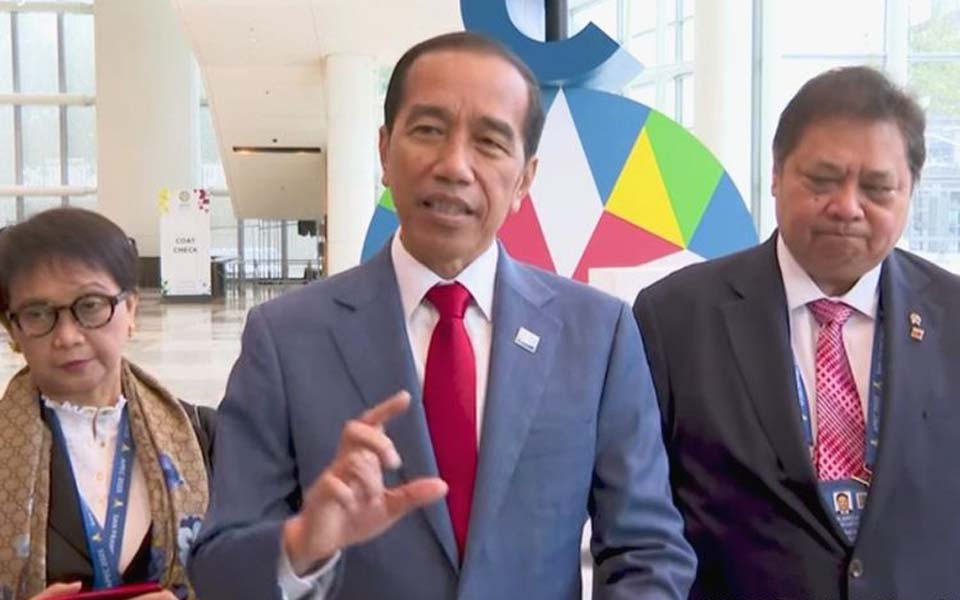Jakarta – Indonesia is currently facing a second phase of deindustrialisation. One of the indicators is the dependency on foreign companies. Renegotiation of the Asean-China Free Trade Agreement (ACFTA) will not be effective in overcoming the problem of national deindustrialisation.
This view was put forward by Indonesian Association for Political Economy (AEPI) declarator Revrisond Baswir in Jakarta on Wednesday April 27.
Revrisond explained that the current industrial slowdown or deindustrialisation stage two is being marked by the domination of foreign investment, which easily can move its business activities to new locations. In order to safeguard investment growth, the government has been preoccupied allocating infrastructure budgetary funds for the needs of foreign industries, but has neglected infrastructure for domestic industry.
The first phase of deindustrialisation meanwhile has been taking place since the administration of former President Suharto and was marked by a flow of foreign industrial investment into Indonesia.
In the era of the ACFTA, Chinese industrial progress has been led by Chinese state-owned enterprises (BUMN). China, moreover, has bolstered investment by as much as US$200 billion to develop investments in the county’s state-owned enterprises. “Conversely, BUMNs in Indonesia have not been involved in the industrialisation process, on the contrary they have been chopped up and torn apart”, said Revrisond.
Indonesian industrialisation, which is heavily dependent on the flow of foreign capital, has resulted in a pattern of industrial development that is not based on resources in Indonesia nor directed towards increasing added value.
In the same vein, economic observer Hendri Saparini from the privately funded think tank Econit said Chinese investors are endeavoring to develop added value to production in Indonesia by, among other things, seeking support for roads and ports. But this however will not have any added value benefits for industrial growth in Indonesia.
Following the launch of the Indonesia Business Council for Sustainable Development in Jakarta meanwhile, Minister of Industry MS Hidayat said that after the government pushed through changes to 190 import duty tariffs, the Department of Industry proposed a review of 80 other tariff headings.
It is hoped that changes to these import duty tariffs can spur downstream industries, which up until now have been dependent on imported raw materials, as well as protecting already established industries.
BSA to end this year
Meanwhile the acting head of the Finance Department’s Fiscal Policy Agency, Bambang S. Brodjonegoro said that bilateral swap arrangement (BSA) between Indonesia and China along with those between Indonesia and Japan will end in 2011.
The Indonesian government has said that BSA cooperation with Japan will continue but there have yet to be any clear discussions with the Chinese government on continuing BSA. (LKT/ENY/OIN/PIN)
Source: Deindustrialisasi Kedua – Kompas. Kamis, 28 April 2011
[Translated by James Balowski.]





